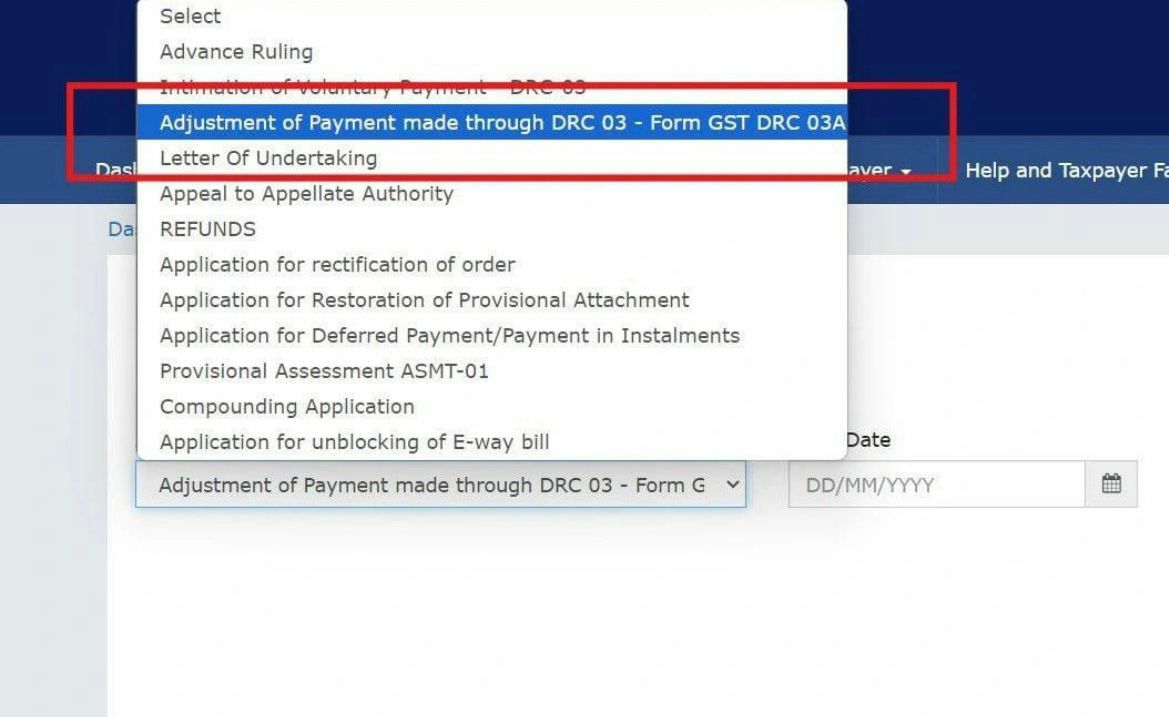Income from other sources includes earnings from freelance work, investments, rental properties, or any additional ventures.
Failing to report such income can lead to penalties, interest charges, or even legal repercussions. By accurately disclosing all your sources of income, you comply with tax regulations and contribute to a transparent and equitable tax system.
What is income from other sources?
“Declaring income from other sources means reporting all earnings apart from your main employment when filing tax returns. This includes freelance work, self-employment, rental properties, dividends, interest, and more,”
Some common examples of income from other sources are:
- Interest earned on the savings account, fixed deposits, recurring deposits, and other financial instruments
- Rental income earned from a property owned by an individual
- Dividend income earned from shares and mutual funds
- Income earned from winning lotteries, races, card games, Online Games, other games like gambling or betting
- Income earned from letting out machinery or equipment
- Any gift received that exceeds Rs. 50,000 in a financial year.
Point to note:” If you receive money from winning the lottery, Online/TV game shows etc., it will be taxable under the head Income from other Sources. The income will be taxable at the flat rate of 30% which after adding cess will amount to 31.2%,”
To declare income from other sources, you gather relevant documentation, understand the tax forms, accurately complete the sections related to these income sources, review for accuracy, and submit the tax return following official guidelines.
If you are earning interest on idle cash lying in your savings bank account, make sure you declare it at the time of filing returns. The interest earned on a savings account can be easily calculated by referring to the bank statement or by checking the passbook entries.
It is also erroneous to think that there is no need to mention interest earnings as banks have deducted tax (TDS) on them because it can bring a difference in the tax rate.
“Individuals can claim a deduction on the interest income earned from savings accounts under section 80TTA of the Income Tax Act. The maximum deduction that can be claimed under this section is Rs. 10,000 in a financial year. If the interest earned on the savings account exceeds Rs. 10,000 in a financial year, then the excess amount will be considered as taxable income under the head ‘Income from Other Sources’. It is important to note that the deduction under section 80TTA is not available on interest earned on fixed deposits, recurring deposits or any other type of deposits,”
What if the bank has already deducted TDS on interest income earned? Do I still have to disclose details as income from other sources?
“Interest that gets accumulated in your savings bank account must be declared in your tax return under income from other sources. Do note that bank does not deduct TDS on savings bank interest. Interest from both fixed deposit and recurring deposits is taxable while interest from savings bank account and post office deposits are tax-deductible to a certain extent. But they are shown under income from other sources. Interest income from a savings bank account or a fixed deposit or from a post office savings account are all shown under this head,”
If you have three FDs open, then add up all the interest income and enter it under ‘Other interest income’.
“A” has Interest income from his savings bank account of Rs.15,000/-. Upon such interest income, the Bank deducts TDS and deposits the same with the Income Tax Department. While filing his return, “A” forgets to declare this interest income despite the fact that the Bank has deducted TDS upon the same. Here, the Assessing Officer (A.O.) will consider the return to be invalid and send a defective return notice in accordance with section 139(9) of the Act. The A.O. will send an inquiry before assessment notice under Section 143(2) and a scrutiny assessment notice under Section 142(1), and the taxpayer will be required to pay taxes owed along with any relevant interest in accordance with I.T. laws if the taxpayers fails to disclose this income and fails to claim a tax credit.
Don’t forget income of minors
This could be relevant for you if you have kids because you can be taxed for any income accruing to them (age below 18 years).
If these amounts are deposited in a bank (Savings Bank Account, FDs) or invested, there will be an income. If this income exceeds Rs 1,500 in one financial year, it will be clubbed with the income of the minor’s parents under Section 64 (1A) of the Income Tax Act.
If you are the parent of such an ‘earning’ minor, you should be aware of the likely scenarios (for ITR purposes):
If you are the sole earner (i.e. not your spouse), the minor’s income is clubbed with yours.
If both you and your spouse have an income, the minor’s income will be clubbed with yours only if you earn more than your spouse.
If you are divorced and have custody of the minor, the minor’s income will be clubbed with yours (if your ex has the custody, you have no liability in this respect).
The minor’s income will have to be shown under the head ‘Income from Other Sources’ and if exempted (i.e. income below Rs 1,500) will be shown under ‘Exempted Income’.
How to report income from other sources in ITR 1?
How to declare income from other sources while filing returns?
While filing ITR 1 online, one will have to disclose all the income from other sources as a total amount. This disclosure has to be made under tab “Computation of Income & Tax” in the field “B3: Income from Other Sources (Ensure to Fill Sch TDS2)”.
“Taxpayers who have opted for presumptive taxation and have income from other sources are required to use Form ITR-4,”
The net earnings under the head ‘Income from Other Sources’ is calculated as under: Gross Income from Other Sources-Deductions allowed under Section 57= Net Income from Other Sources
Example
ABC, a full-time software employee, also freelances as a web developer. She receives direct payments into her bank account for her freelance projects. While filing her tax returns, She declares the income from her freelance work as other sources of income.
She gathers bank statements, invoices, and project records, and accurately fills out the relevant sections on the tax forms. She then reviews the information for accuracy, ensuring she hasn’t missed any income.
Finally, she submits her tax return electronically, ensuring compliance, avoiding penalties, and contributing to a transparent tax system.
What happens if you forget to declare income from other sources?
Forgetting to declare income from other sources when filing tax returns can result in penalties, interest, audits, or legal consequences.
“In case a taxpayer forgets to mention Income from Other Sources, the Income Tax department could issue notice to such taxpayers. It is crucial to match one’s income details to the 26AS / AIS because any discrepancy could lead to an inaccurate ITR being filed,”
Failure to disclose income can lead to penalties and audits, while deliberate non-disclosure may result in fines or criminal charges depending on the jurisdiction. Reporting all income from various sources ensures compliance, transparency, and a fair tax system.
Practical Course at:










